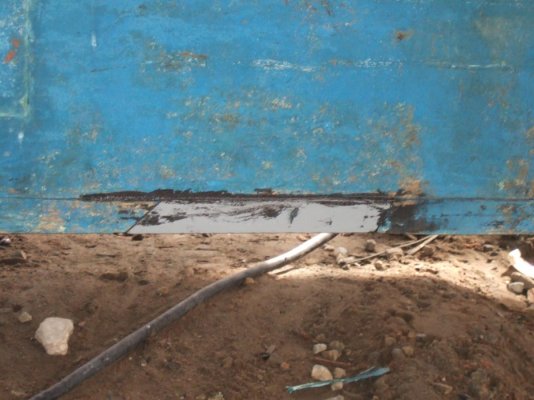<<<
Marin.....chuckle...wanna write another book?
No, I'm having enough of a job with the current one and I was just hired to work on another one. Or rather work more on one I thought was done.
I don't know about the singles vs twins in terms of which gets used more. If you're limiting it just to recreational diesel cruisers I'd be tempted to say there are more twins out there being used than singles. At least in this area where Bayliners are probably the most numerous of all makes. Grand Banks are also very popular in this area and most of them, at least since the 1980s or so, are twins.
Judging by the number of power levers I see on the boats I have paid attention to in our marina over the years, I would have to say that far more larger cruisers are twins than singles. Exceptions are the very few number of Nordhavn's around and the handful of single-engine GBs I'm aware of, all of them 36 or 32 feet long. The big Tollycrafts are mostly twins, as are the larger Uniflites.
CHBs and the like tend to be twins more than singles of the ones I've seen around us and in the yard. Likewise the Island Gypsies.
The tugs--- Nordic and American--- are singles or mostly singles.
So while it's impossible to say without a lot of data that is either too hard to round up or doesn't exist whether or not singles are used more than twins, my tendency would be to say it's the other way round based on what we see on an annual basis.
Our slip is opposite the fuel dock in Squalicum Marina, and this is the only fuel dock with diesel in the bay. So everything comes through here including the USCG. And from what we've observed over the years, summer, winter, spring, and fall, the larger powerboats, by which I mean 35 feet on up, are for the most part twins.
But that's just here.




